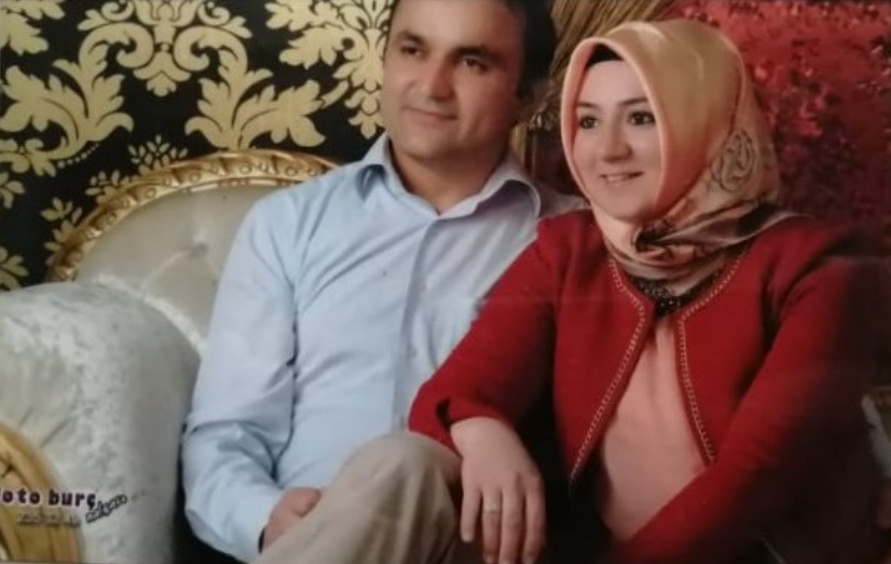Veysel Alıcı, 41, who is battling lymphoma, was arrested on Tuesday on charges of links to the faith-based Gülen movement, the Stockholm Center for Freedom reported citing Bold Medya.
Şeyma Alıcı said her husband had had several surgeries and several rounds of chemotherapy and radiation therapy since he was diagnosed with cancer seven years ago and that his health was very fragile. Alıcı not only suffers from cancer but also has a heart condition.
“They [authorities] should not have been so unrelenting against a cancer patient,” said Şeyma Alıcı. “He will have to stay in a quarantine cell for 21 days.”
Quarantine wards in Turkish prisons are notorious for their poor conditions and overcrowding.
Alıcı was working as an administrator of the private Mevlana University in central Konya province. The university was one of 15 universities shut down by the Turkish government without any due process after an abortive putsch on July 15, 2016 due to alleged links to the Gülen movement.
Turkish President Recep Tayyip Erdoğan has been targeting followers of the Gülen movement, a faith-based group inspired by Turkish cleric Fethullah Gülen, since the corruption investigations of December 17-25, 2013, which implicated then-Prime Minister Erdoğan, his family members and his inner circle.
Dismissing the investigations as a Gülenist coup and conspiracy against his government, Erdoğan designated the movement as a terrorist organization and began to target its members. Erdoğan intensified the crackdown on the movement following the coup attempt that he accused Gülen of masterminding.
Human rights activists and opposition politicians have frequently criticized authorities for not releasing critically ill prisoners, so they can seek proper treatment. Human rights defender and Peoples’ Democratic Party (HDP) deputy Ömer Faruk Gergerlioğlu said ill prisoners were released when the authorities realize they will die soon. He said this was especially the case for prisoners arrested on politically motivated charges
Critics have also criticized the government for excluding political prisoners from an early parole law passed on April 14, 2020, aimed at reducing the inmate population of the country’s overcrowded prisons due to the COVID-19 pandemic.
According to a statement from the Turkish interior minister, a total of 292,000 people have been detained while 96,000 others have been jailed due to alleged links to the Gülen movement since the failed coup. Human Rights Watch says people alleged to have links with the Gülen movement is the largest group targeted by Erdoğan.
